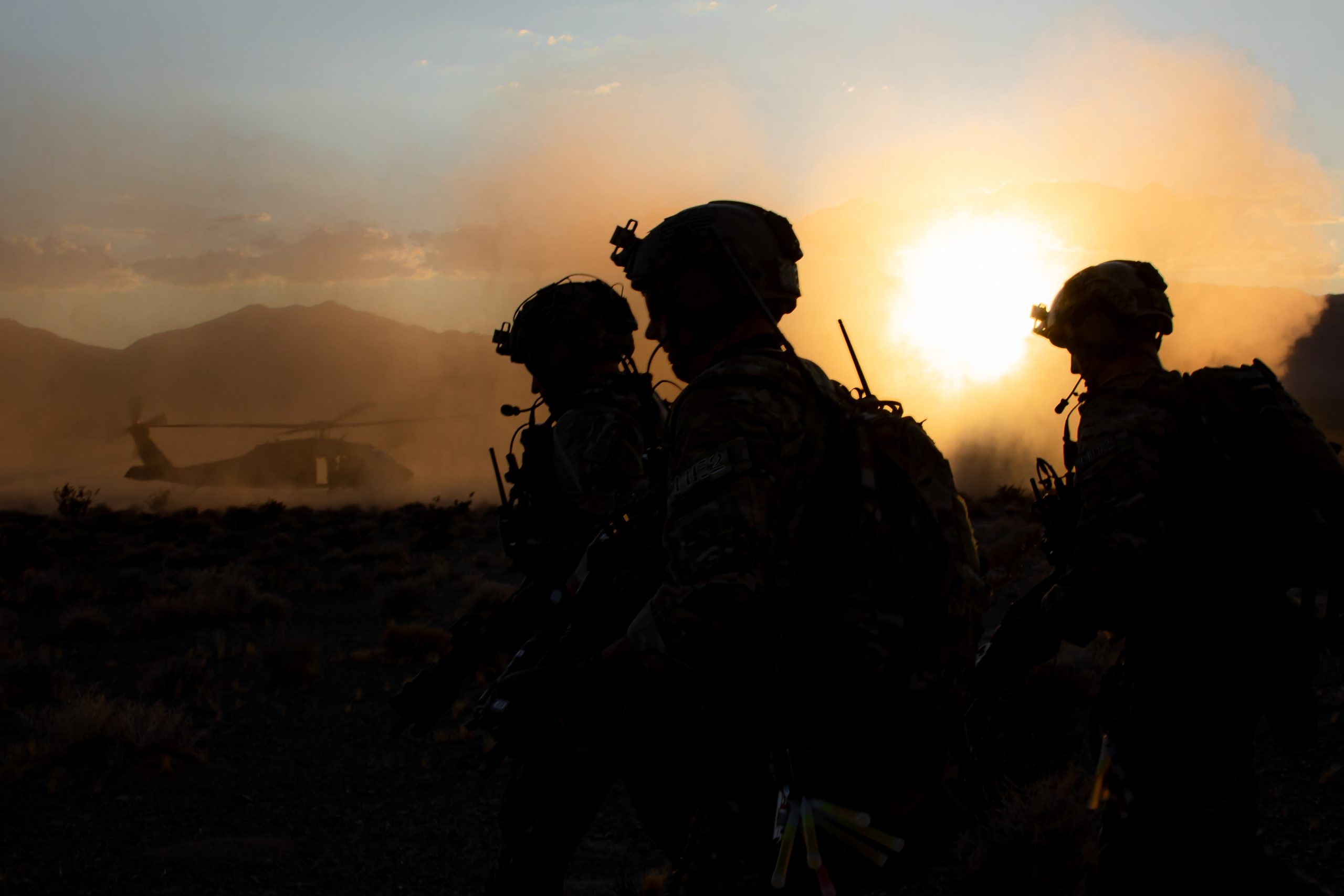The recent announcement by the U.S. Department of Defense (DoD) selecting Microsoft among the cloud service providers to support its Joint Warfighting Cloud Capability (JWCC) contract is a significant milestone in the department’s goal to establish an enterprise-level tactical cloud. With the announcement, Microsoft will help deliver mission-critical 21st century technology to our nation’s service members and strengthen U.S. national security. The selection is another clear demonstration of the trust the DoD places in Microsoft and our technologies.
Our work on JWCC will build on the success of our industry-leading cloud capabilities to support national security missions that we have developed and deployed across the department and service branches. We continue to develop new technologies that utilize the latest commercial innovations, enable interoperability and are designed to bring data analysis and insight to the tactical edge. Microsoft’s investment is also aligned with the department’s 2021 OCONUS cloud strategy, including building Azure Government Secret and Azure Government Top Secret classified clouds to provide the DoD with secure cloud capabilities at all classification levels. We’ve designed ruggedized edge devices to bring advanced compute capabilities to the most remote regions of the world. We expanded our Azure Space and 5G capabilities to ensure ubiquitous connectivity so that service members can process, analyze and operationalize data whenever and whenever they need it. This continuous innovation puts us ahead of the curve and in a strong position to meet all the key milestones for JWCC, along with key DoD priorities such as their AI and cloud strategies and Joint All-Domain Command and Control (JADC2) initiatives, in the coming months and years.
The solutions and services we’ve developed are built on a foundation of cybersecurity, deployed across all devices, clouds, apps and platforms. We’re supporting the DoD’s deployment of its Zero Trust strategy to further secure their network and systems, building on our existing efforts with programs like Navy’s Flank Speed to protect nearly half a million identities and devices. Microsoft brings together massive signal depth and diversity of over 43 trillion signals per day synthesized daily using sophisticated data analytics and AI algorithms, and a global team of 8,500-plus security experts to deliver unparalleled protection.
Collaboration across industry and academia is also key to accelerating innovation and advancing the DoD’s mission. That’s why we’ve set up deep partnerships to advance research and development in emerging areas. We recently announced a strategic partnership with Lockheed Martin to innovate with our classified cloud, enhance secure 5G connectivity at the edge, and improve gaming, exercising, modeling and simulation (GEMS) capabilities to bring military planning and coordination through immersive environments. Earlier this year, we announced a collaboration with the Naval Postgraduate School to advance cloud-enhanced intelligent edge networking and computing, modernize remote training and education, and develop solutions to operationalize emerging technologies in the field for the Navy and Marine Corps. And we’re helping defense partners, like Raytheon Technologies and Oshkosh, move to the cloud to help the broader industry align to the DoD’s priorities.
We believe the multi-cloud approach for JWCC is the right one for the DoD’s enterprise infrastructure. Multi-cloud is already an established best practice in the commercial industry because it enables organizations to maximize flexibility, enhance resiliency and access the best technologies across providers. With comprehensive infrastructure and data management solutions like Azure Arc, Microsoft Purview and Defender for Cloud, Microsoft will be a key partner to the DoD as they navigate the multi-cloud environment and ensure seamless interoperability of systems and services.
As we have demonstrated for more than 40 years, our focus on who we are serving will never waver. We remain committed to the department and to those serving around the world who are helping keep us all safe.

